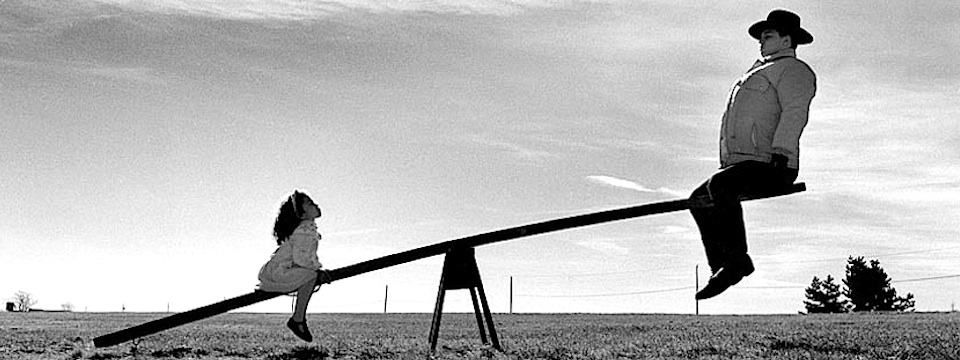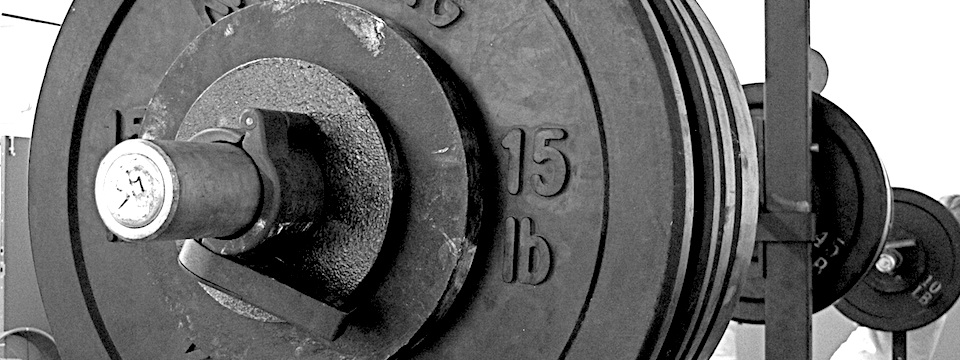The industrial way of building an organization carries some hidden baggage with it, and we won’t really be able to function as cooperatively or creatively as we should in the new economy until we discard the old structure. This is how we got here… and how we start getting out.



